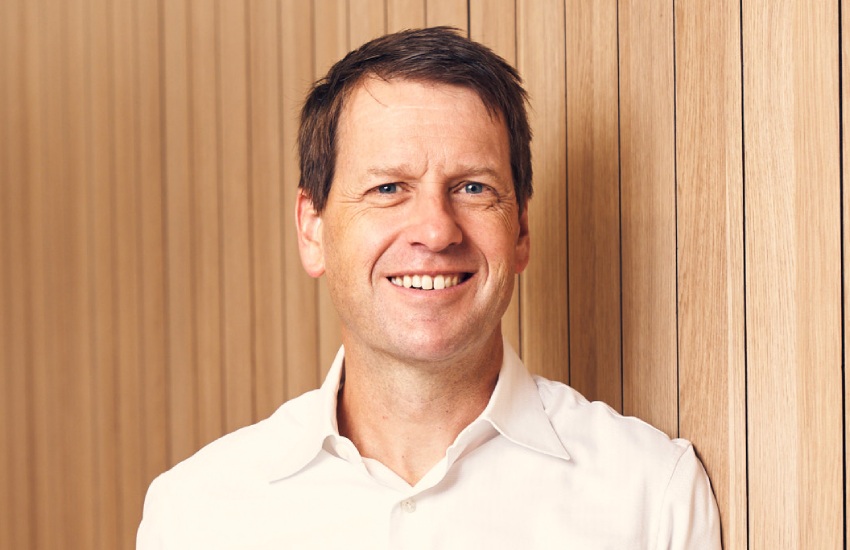Pessimists about accounting fail to recognise the profound evolution in the industry, says the head of CPA Australia, which is turning the profession into the key strategic adviser to business.
You’re out of free articles for this month
The core skills of data analysis, business intelligence and financial know-how empower accountants to become problem-solvers, said the chief executive of CPA Australia, Andrew Hunter, and the digital revolution has turbocharged the change.

Speaking to Accountants Daily, Mr Hunter said the negative commentary surrounding automation and the sharp decline in students opting to study accounting missed the point.
“It’s true we have seen a decline in the number of people studying pure accounting but that has been offset by the number of people who are studying finance, commerce, economics, banking,” Mr Hunter said.
“Students who do have a learning disposition towards accounting are studying in adjacent fields, so they are not lost. I’m talking about banking and finance in particular.”
He said the world had moved on and now demanded cross-functional, multidisciplined professionals willing to engage in continuous learning.
“Accountants need to have a much broader set of skills, rather than having technical expertise,” Mr Hunter said.
At the same time, other disciplines were becoming aware they needed core accounting nous to understand data, financial statements and ESG.
And that meant an opportunity for the profession, with a stark contrast between old and new.
Old accounting took a financial snapshot that was already out of date by the time it was printed.
“The accountants of old sat in a corner office and waited for things to come to them,” he said. “Now they are talking to the engineering department, the marketing department … they’re collaborating, communicating, gathering information, synthesising data and then bringing the problems to the surface and how to solve them.”
He said the fundamental skill set of the profession remained important, but now it took in strategic analysis, and “it’s increasingly becoming forward-looking rather than backward-looking”.
New accounting might analyse underlying trends, such as website traffic and conversion rates, and draw on different disciplines to come up with solutions.
The evolution was already well underway at the larger companies.
“The Big 4 have evolved from being accounting firms to now being broad-based consulting firms, and the foundational skills are all in the accounting discipline,” Mr Hunter said.
Mr Hunter cited his own experience, which involved an economics degree and long spell in banking but “the most important skills I learned in my career were learned at an accounting firm.”
He agreed that two dynamics were at work: accounting was casting its net wider in terms of who it recruited, and the profession was broadening itself in terms of the skills it required and what it did for clients.
The profession had to leave behind the days when it threw up roadblocks to entrants, he said, and accounting firms were already hiring multidiscipline candidates who wanted to undertake CPA Australia’s program.
“In the past, our first question was, ‘Have they done an accounting degree?’ ” he said. “Our first question should be, ‘Are they smart people and keen to learn?’
“Smart, capable, enthusiastic people can achieve anything.”
The membership at CPA Australia was now a broad church and took in those with backgrounds in commerce, economics, finance as well as accounting.
He said COVID had accelerated the digital transformation and accountants had stepped up, making the most of additional data and business intelligence.
“Repetitive accounting functions are being automated but it’s freeing up accountants to do the more strategic work, the problem solving. And that’s where the best people in the profession are going to allocate their time,” Mr Hunter said.
For holdouts, it was a case of change to survive.
“The best businesses will always prevail. Some will get left behind. There’s a strong recognition among all parts of the profession that things need to change and the solution is digital,” Mr Hunter said.

 Login
Login







